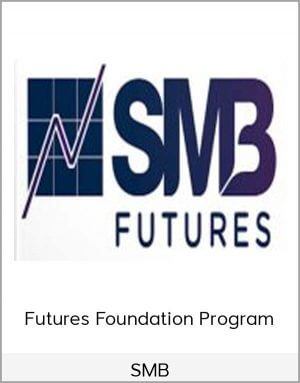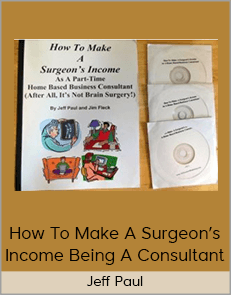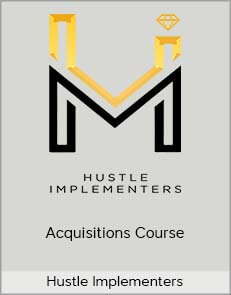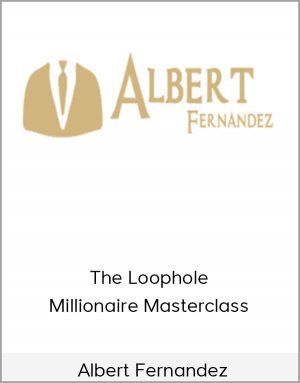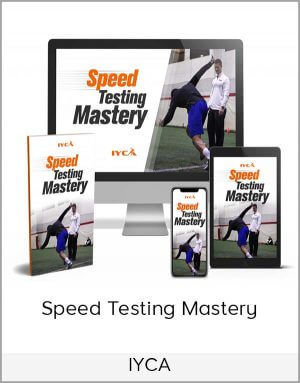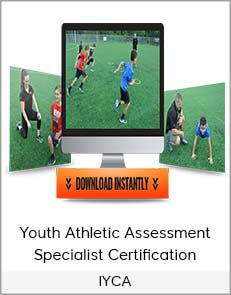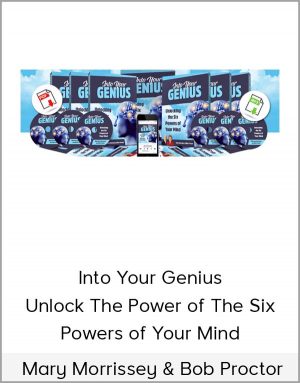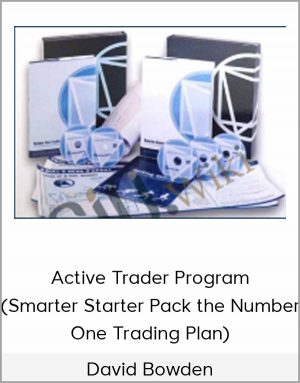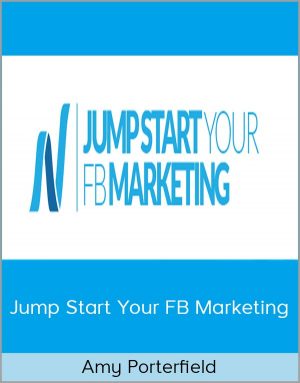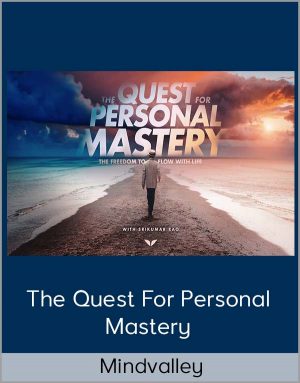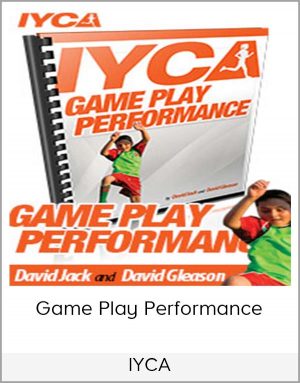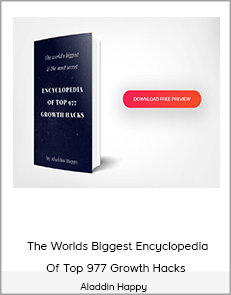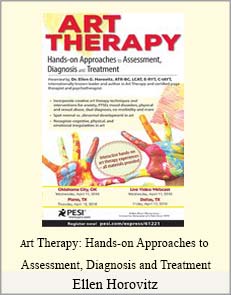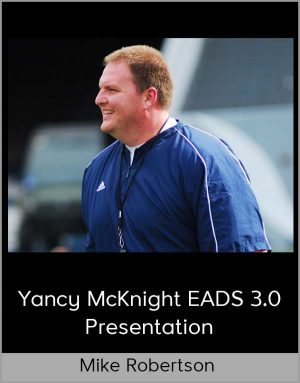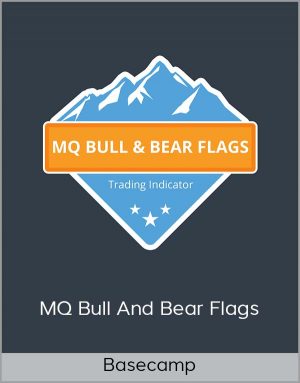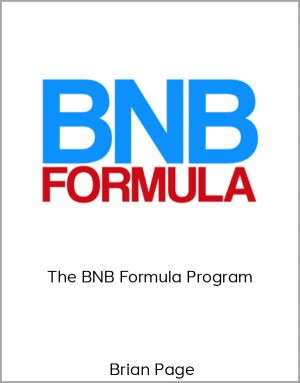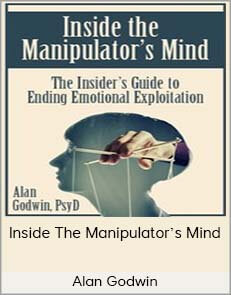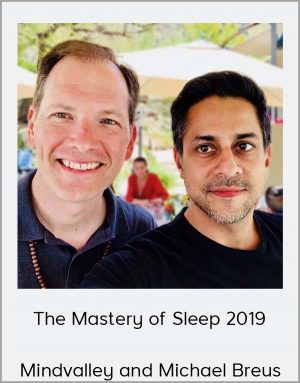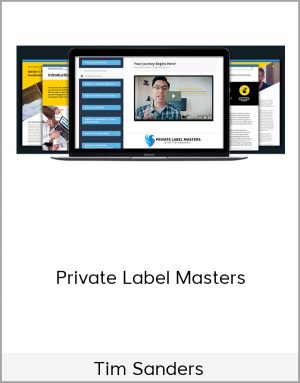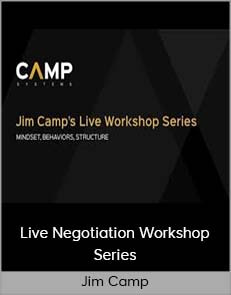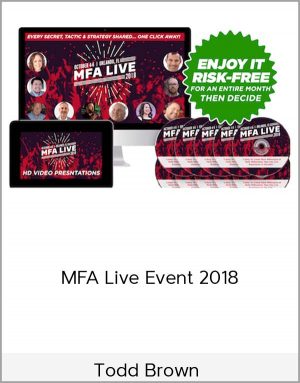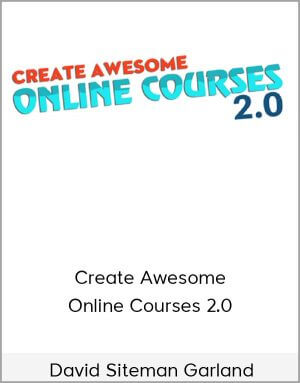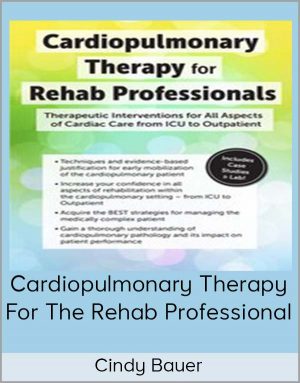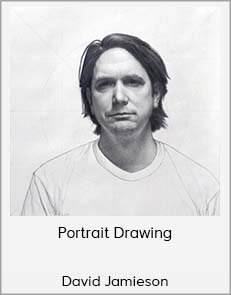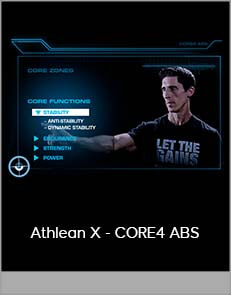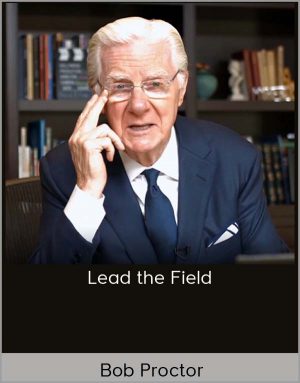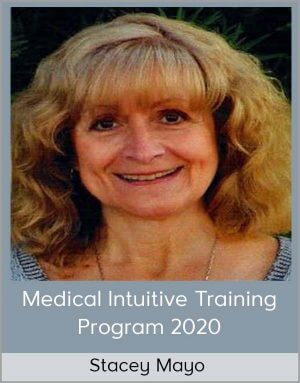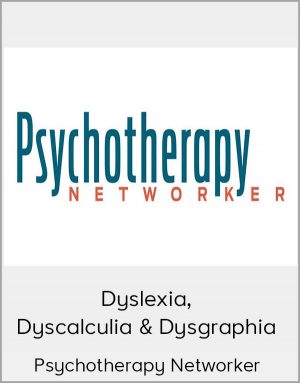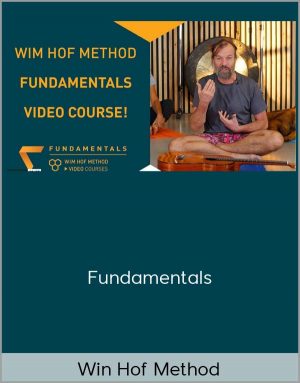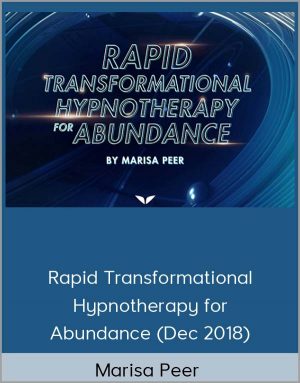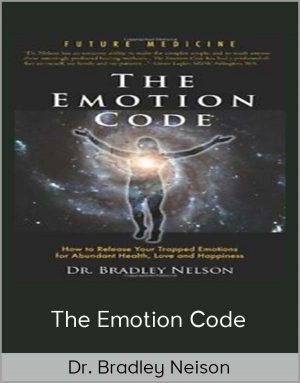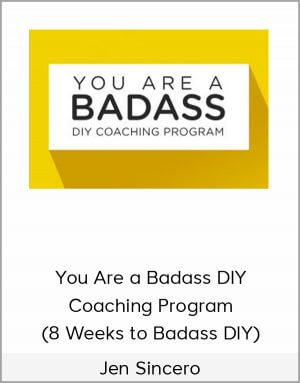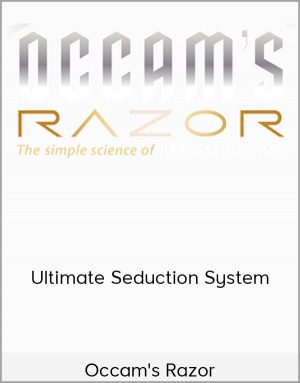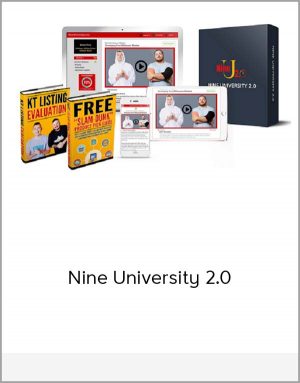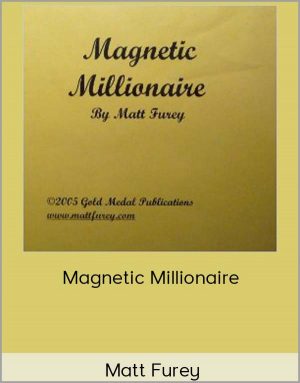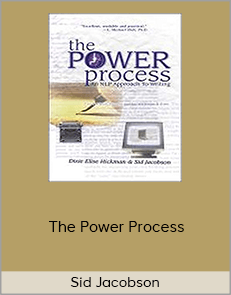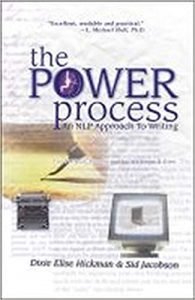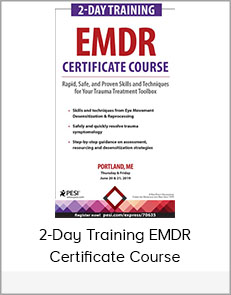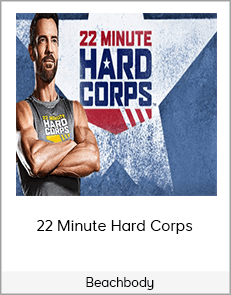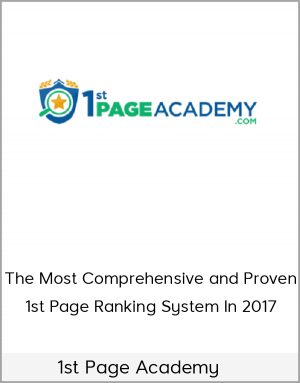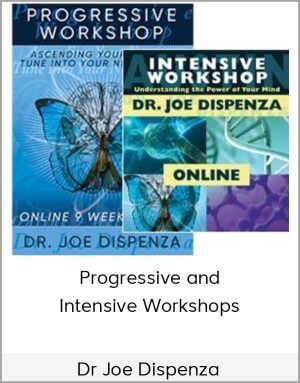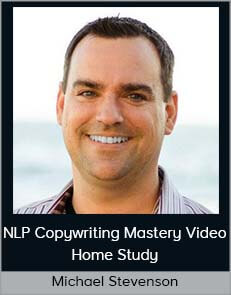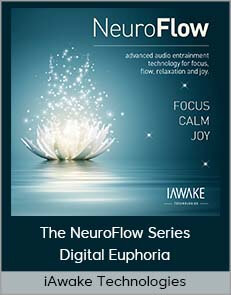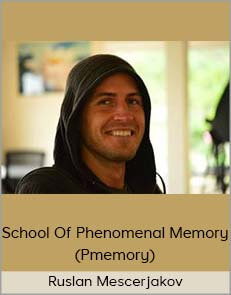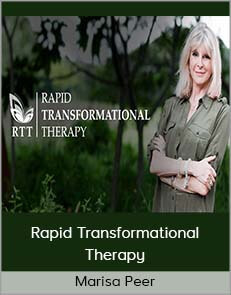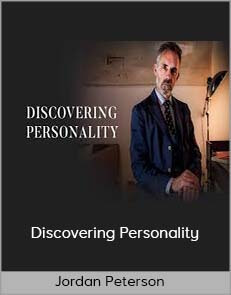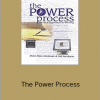-
1 × $90.00
-
2 × $25.00
-
1 × $50.00
-
1 × $5.00
-
1 × $50.00
-
1 × $25.00
-
1 × $100.00
-
2 × $120.00
-
1 × $25.00
-
1 × $59.00
-
2 × $230.00
-
1 × $30.00
-
1 × $42.00
-
1 × $60.00
-
1 × $75.00
-
1 × $22.00
-
1 × $142.00
-
1 × $45.00
-
1 × $130.00
-
1 × $150.00
-
1 × $130.00
-
1 × $127.00
-
2 × $40.00
-
1 × $50.00
-
1 × $45.00
-
1 × $60.00
-
1 × $35.00
-
1 × $25.00
-
1 × $67.00
-
2 × $40.00
-
1 × $150.00
-
1 × $72.00
-
1 × $5.00
-
1 × $60.00
-
1 × $150.00
-
1 × $15.00
-
2 × $60.00
-
1 × $300.00
-
2 × $100.00
-
1 × $50.00
-
1 × $30.00
-
2 × $57.00
-
1 × $20.00
-
1 × $82.00
-
1 × $230.00
-
3 × $100.00
-
1 × $40.00
-
2 × $142.00
-
1 × $29.00
-
3 × $20.00
-
2 × $80.00
-
1 × $37.00
-
1 × $90.00
-
1 × $92.00
-
1 × $35.00
-
1 × $35.00
-
1 × $30.00
-
1 × $60.00
-
1 × $92.00
-
1 × $150.00
-
2 × $15.00
-
6 × $40.00
-
1 × $15.00
-
1 × $130.00
-
1 × $82.00
-
2 × $72.00
-
1 × $55.00
-
1 × $40.00
-
1 × $200.00
-
1 × $300.00
-
3 × $30.00
-
1 × $70.00
-
1 × $150.00
-
2 × $140.00
-
1 × $65.00
-
1 × $40.00
-
1 × $70.00
-
1 × $65.00
-
1 × $30.00
-
1 × $30.00
-
1 × $77.00
-
1 × $167.00
-
1 × $20.00
Sid Jacobson – The Power Process
$10.00$26.95 (-63%)
There are things in this book never before included in any book on writing, as well as new combinations of more familiar things.
Sid Jacobson – The Power Process
Check it out: Sid Jacobson – The Power Process
This book distils the essence of what makes every successful writer successful. An invaluable aid and reference guide, The POWER Process applies the NLP model specifically to writing of every kind, showing how to perfect writing techniques, and get it right! A simple (but not over-simplified) model to follow for achieving literary excellence.
Opiniones editoriales
Review
“This excellent, readable and practical book charts the path for effective writing. . .” –Michael Hall PhD
About the Author
Sid Jacobson has been working in NLP since 1978, and was one of the earliest trainers certified by the Society of NLP. Though beginning as a psychotherapist, he has worked broadly in NLP as a researcher, trainer, and consultant to professionals, hospitals, schools, clinics, businesses, and public and private organisations. He holds a PhD in Clinical Psychology and is an expert on the application of NLP to education and training, having written the classic three volume set Meta-Cation. He founded and directs the South Central Institute of NLP in New Orleans. Dixie Elise Hickman, PhD, is owner of Communication Resources, which provides writing and editing services, seminars and workshops in communication skills and personal development, educational consulting, and personal counselling. Dixie taught for seventeen years at university level and administered a university writing program for five years. She is a certified Master Practitioner of NLP, an ordained minister, and a member of the Association of Teachers of Technical Writing.
Excerpt. © Reprinted by permission. All rights reserved.
There are things in this book never before included in any book on writing, as well as new combinations of more familiar things.
First on the list of differences is Neuro-Linguistic Programming (NLP for short). Essentially, NLP is a model of human communication. It was developed to study the elements of excellence itself, regardless of the subject or activity. It gives us the tools to build the best possible model(s) of anything that works well. We use NLP in everything we do. It guarantees our effectiveness.
Second is a simple, but not oversimplified, model of what to do when you write, a model based on what effective writers actually do and how they use their thinking processes while they do it. Drawing on current research in the processes of writing and creativity, we go beyond those models using the tools of NLP, and package the result so that you can use it. Best of all, although you will be using the same thought processes as truly effective writers, you will be able to maintain and even enhance your own personal style.
Third, this book will actually get you writing as you go through it, step by step. No matter how incapable or how stuck you think you are, we’ll guide you through the same steps that create successful results for others, and you will create them as well. These steps take place inside your head and in your behavior, as well as on your paper or your word processor. And the process is self-reinforcing in nature. It feeds on its own success. So as you step through the work book experiments, use the material you are actually working on or wish you were working on. This book will help you unlock your creative juices and release the power of your ideas.
Fourth, while this is primarily a book about writing, you will find yourself applying these principles and techniques to other areas of your life. You may even surprise and delight yourself as the learning from this book automatically expands into other parts of your thinking and behavior.
Fifth, these new styles of thinking you learn will not only get you writing but will also teach you a lot about yourself and people in general. Writing is a very personal thing, and anything that makes you a better person can make you a better writer.
Finally, you will be building enjoyment into the learning and writing process. When you enjoy what you are doing, you learn it faster, do it more, do it better, and want to do it again and again. That doesn’t mean we’ll take all the work out of writing. Good writing will still take time and effort. But it can also be a lot of fun.

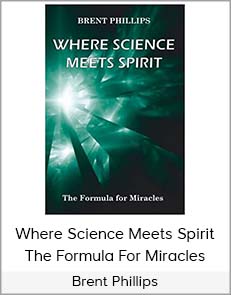


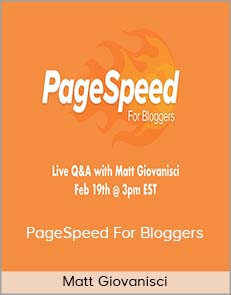








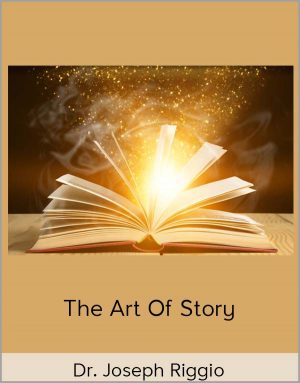
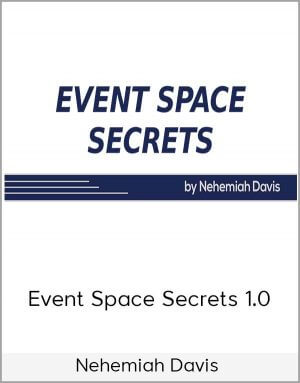

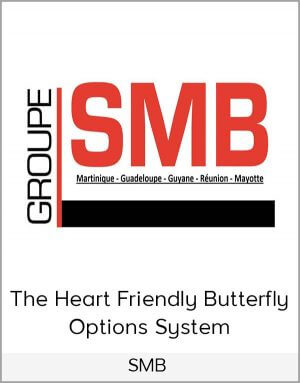


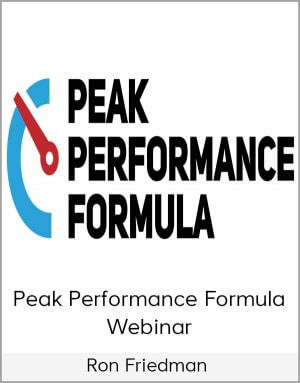







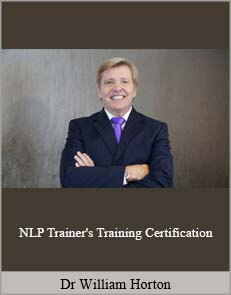
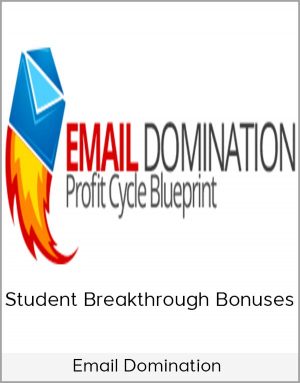


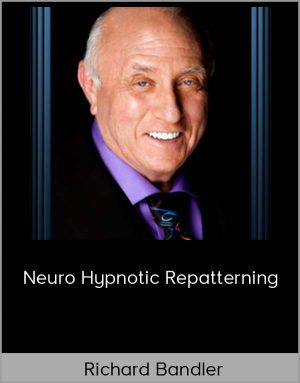


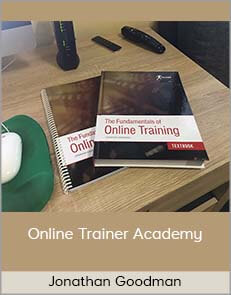
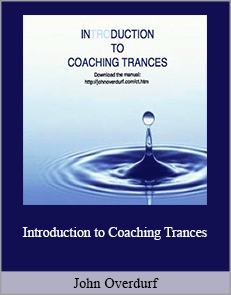
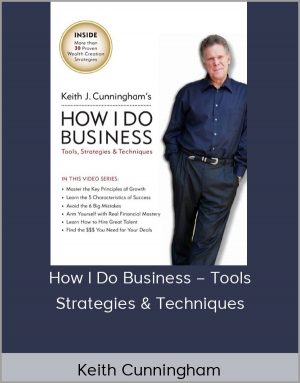


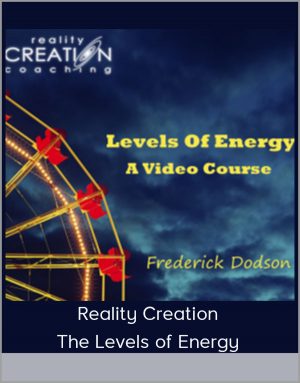
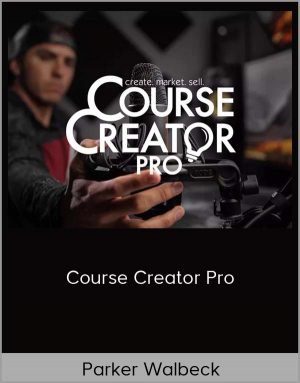
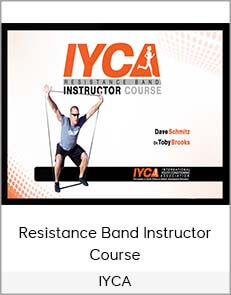
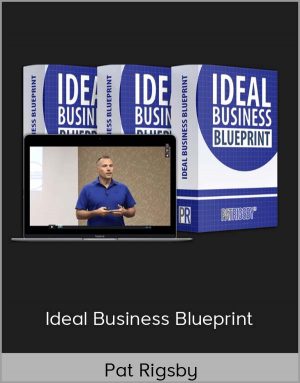
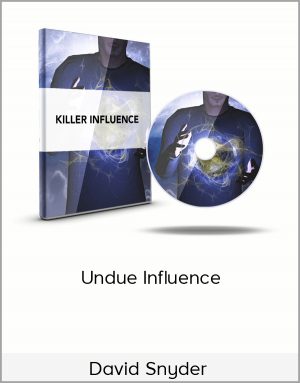


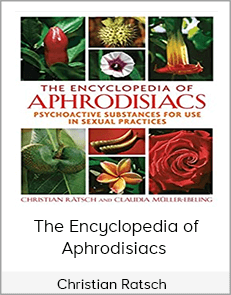



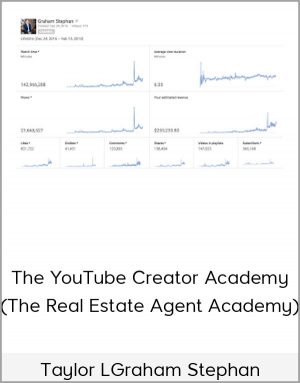






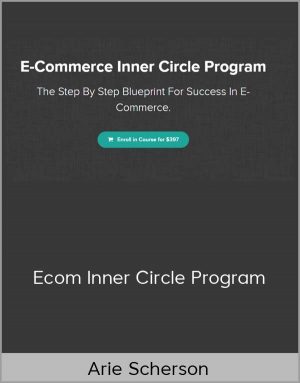





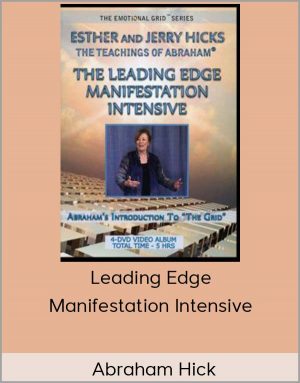







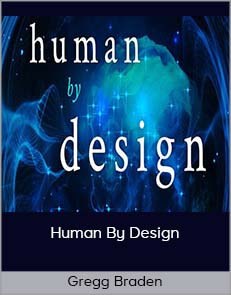

![Barry Plaskow and Roger - [Instafy Gold Training] Series (How To Generate Massive Instagram Traffic And Sales)](http://havecourse.me/wp-content/uploads/2020/07/Barry-Plaskow-and-Roger-Instafy-Gold-Training-Series-How-To-Generate-Massive-Instagram-Traffic-And-Sales-.png)


